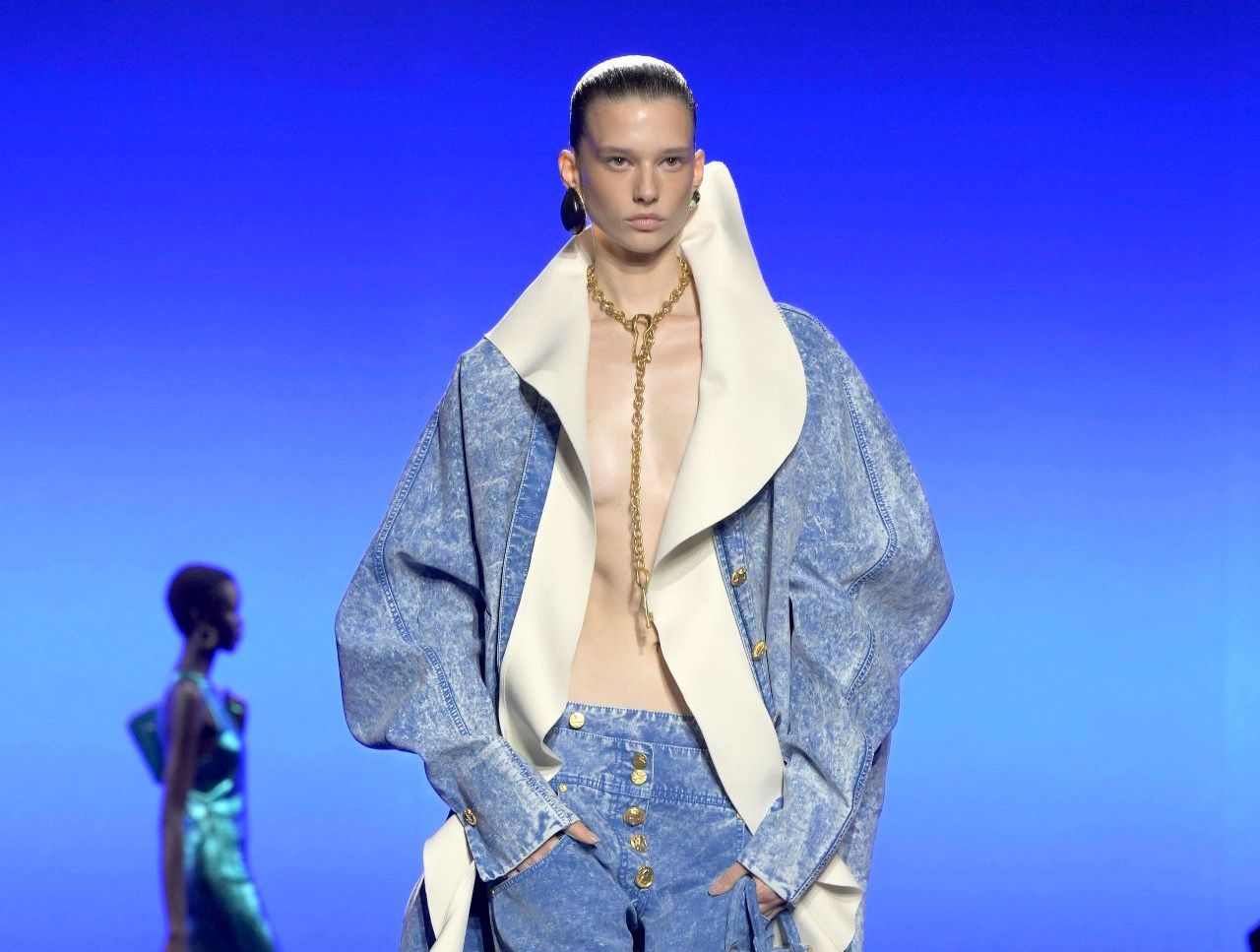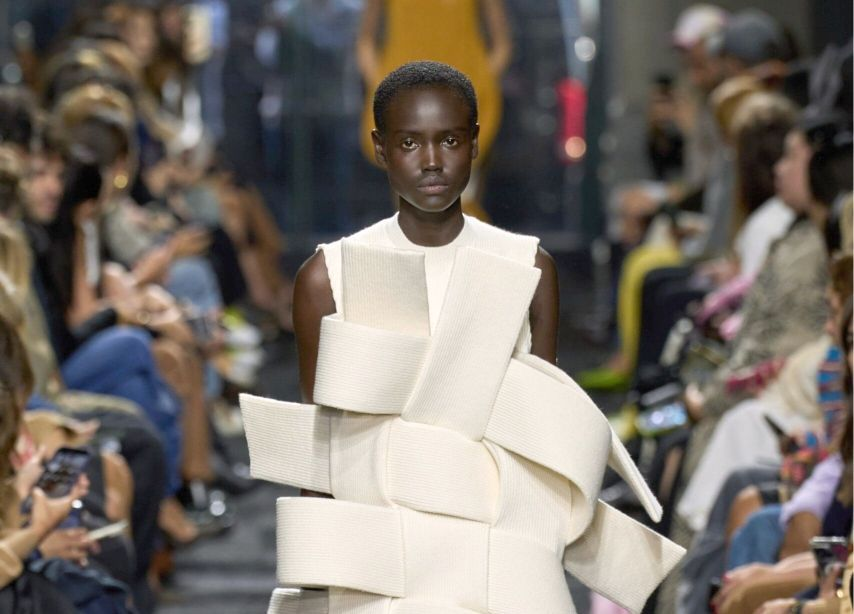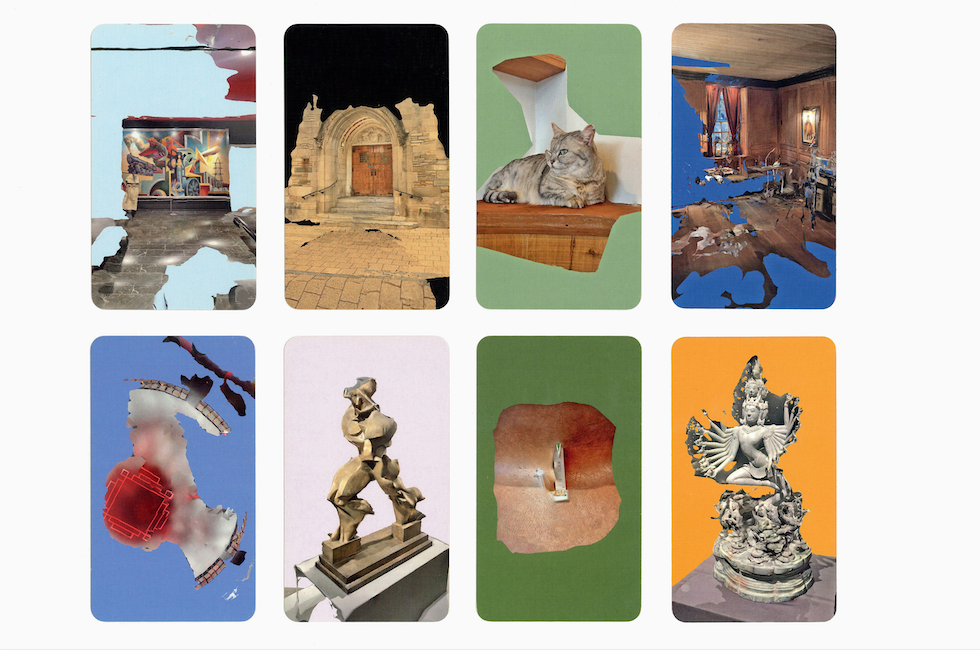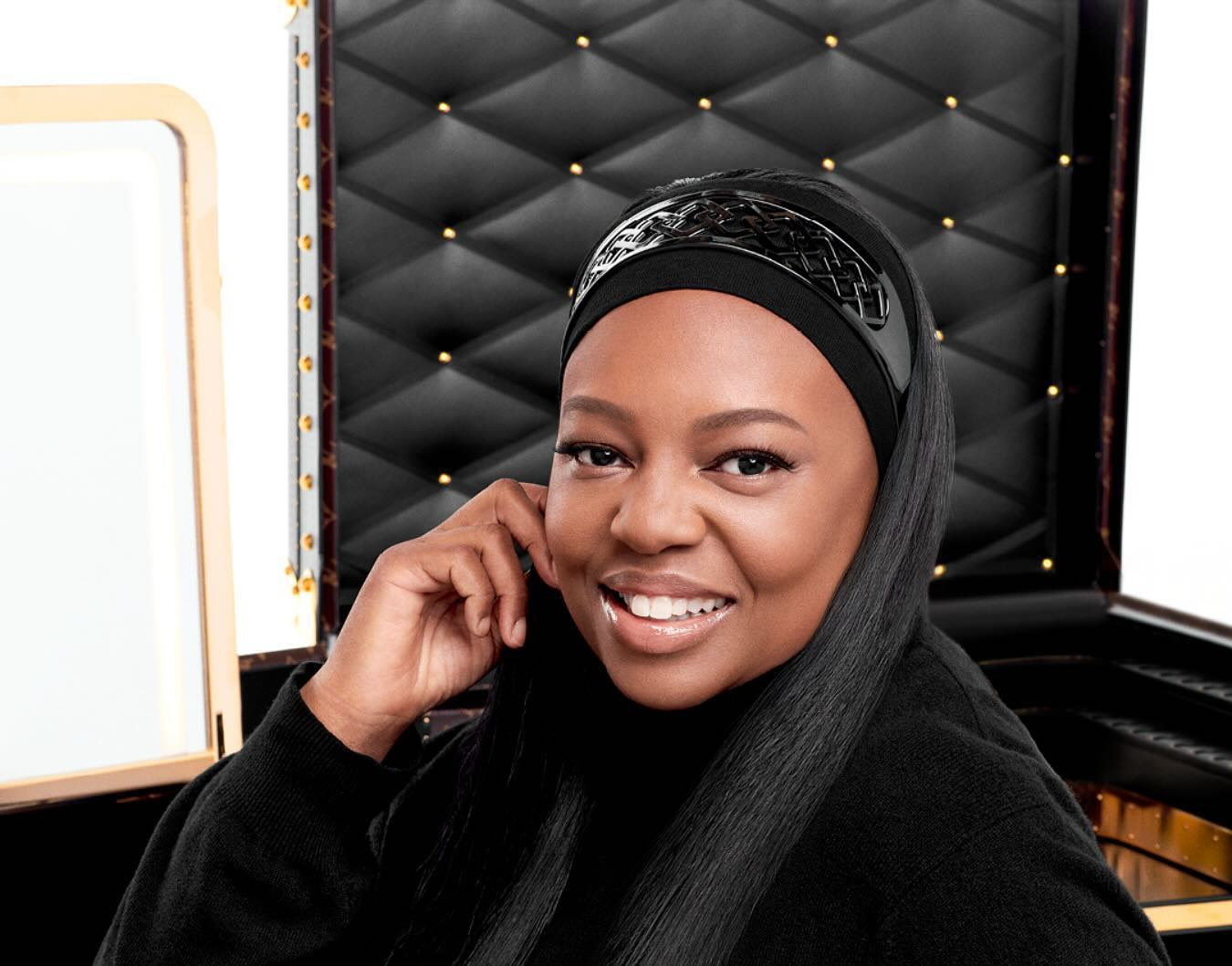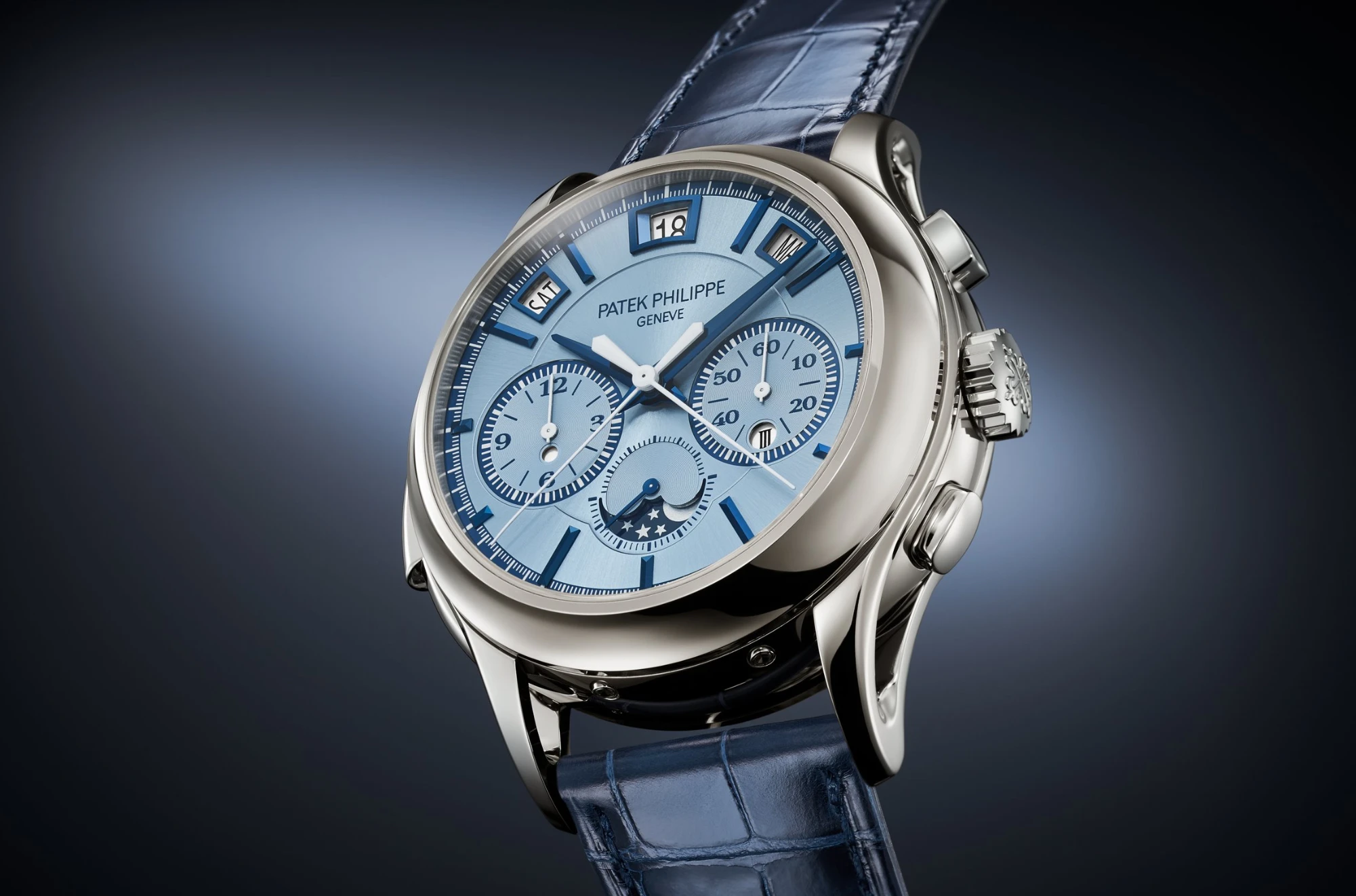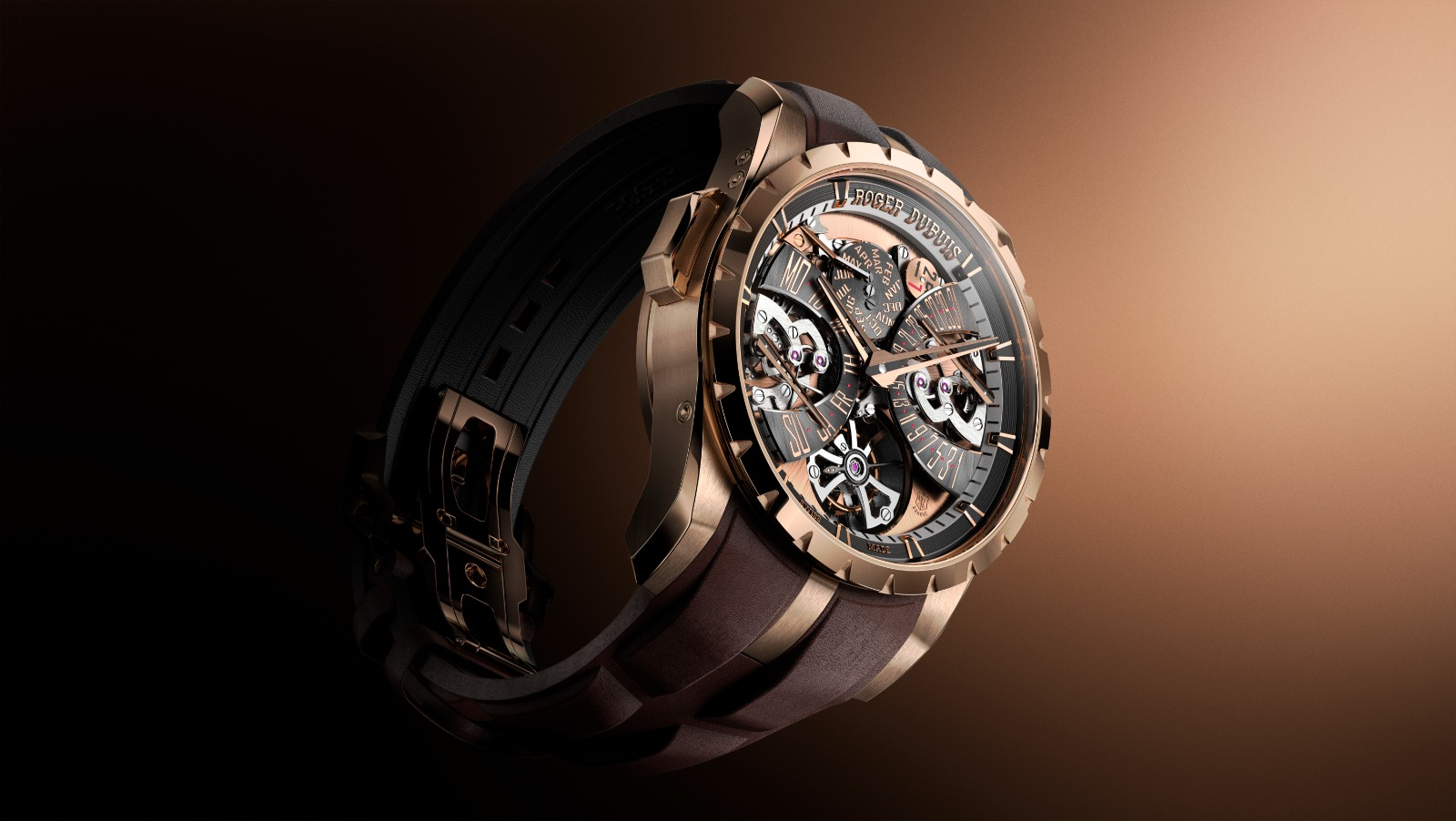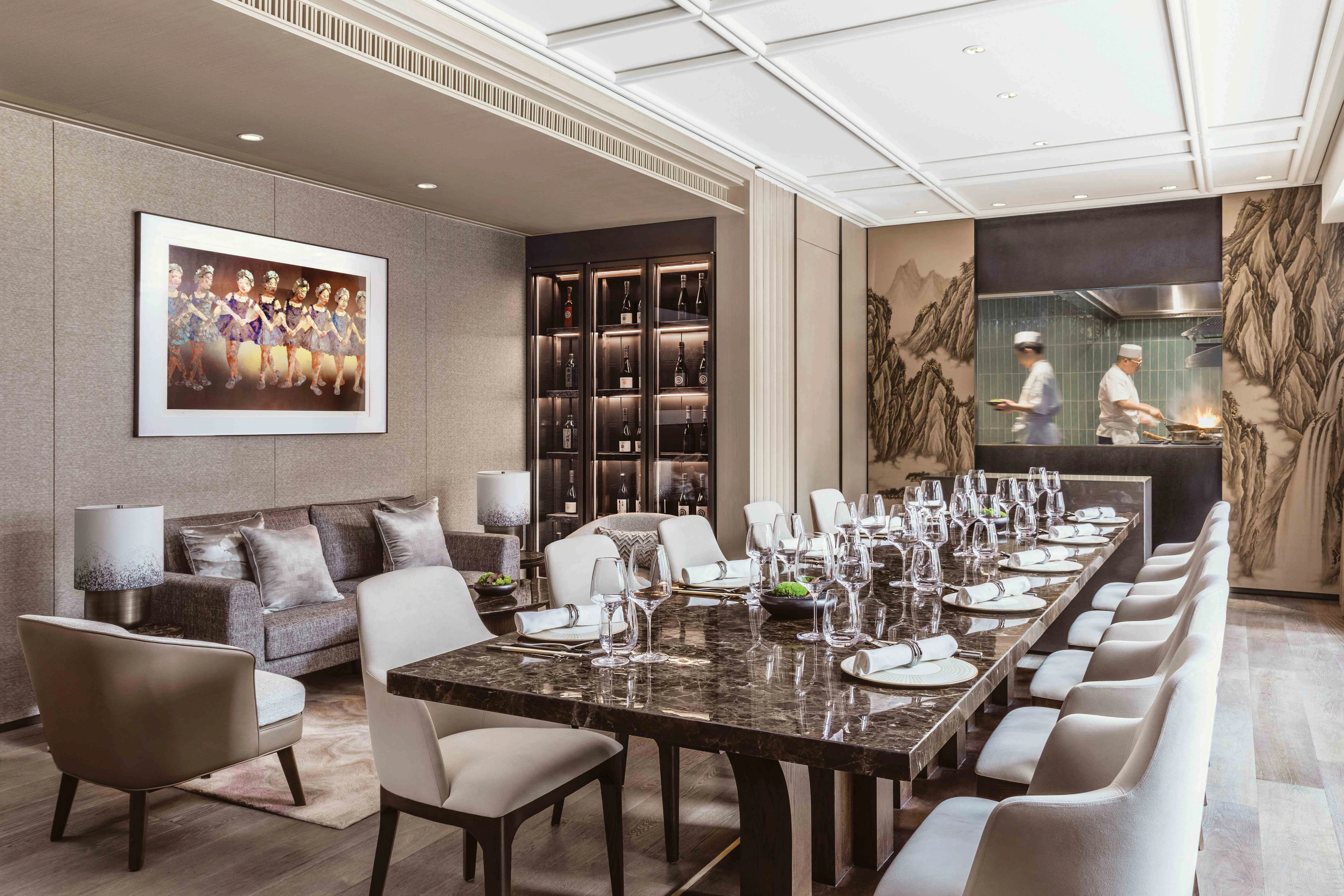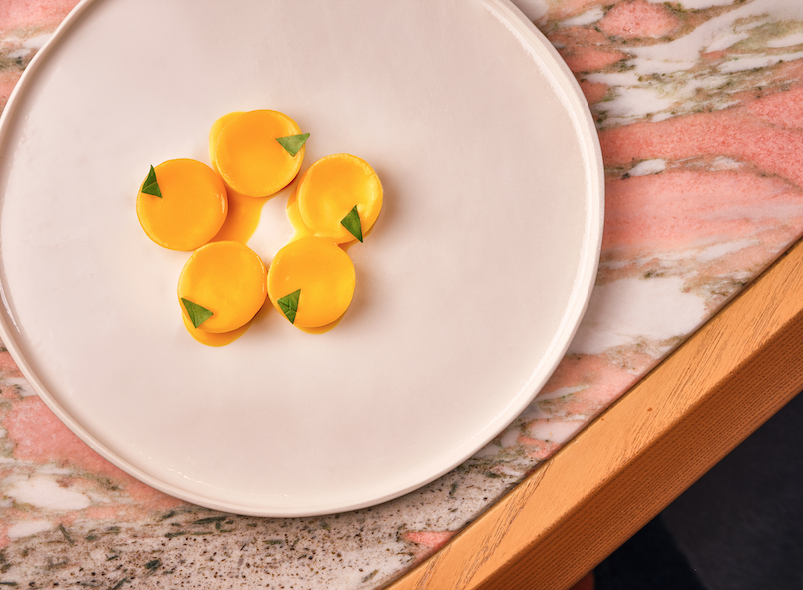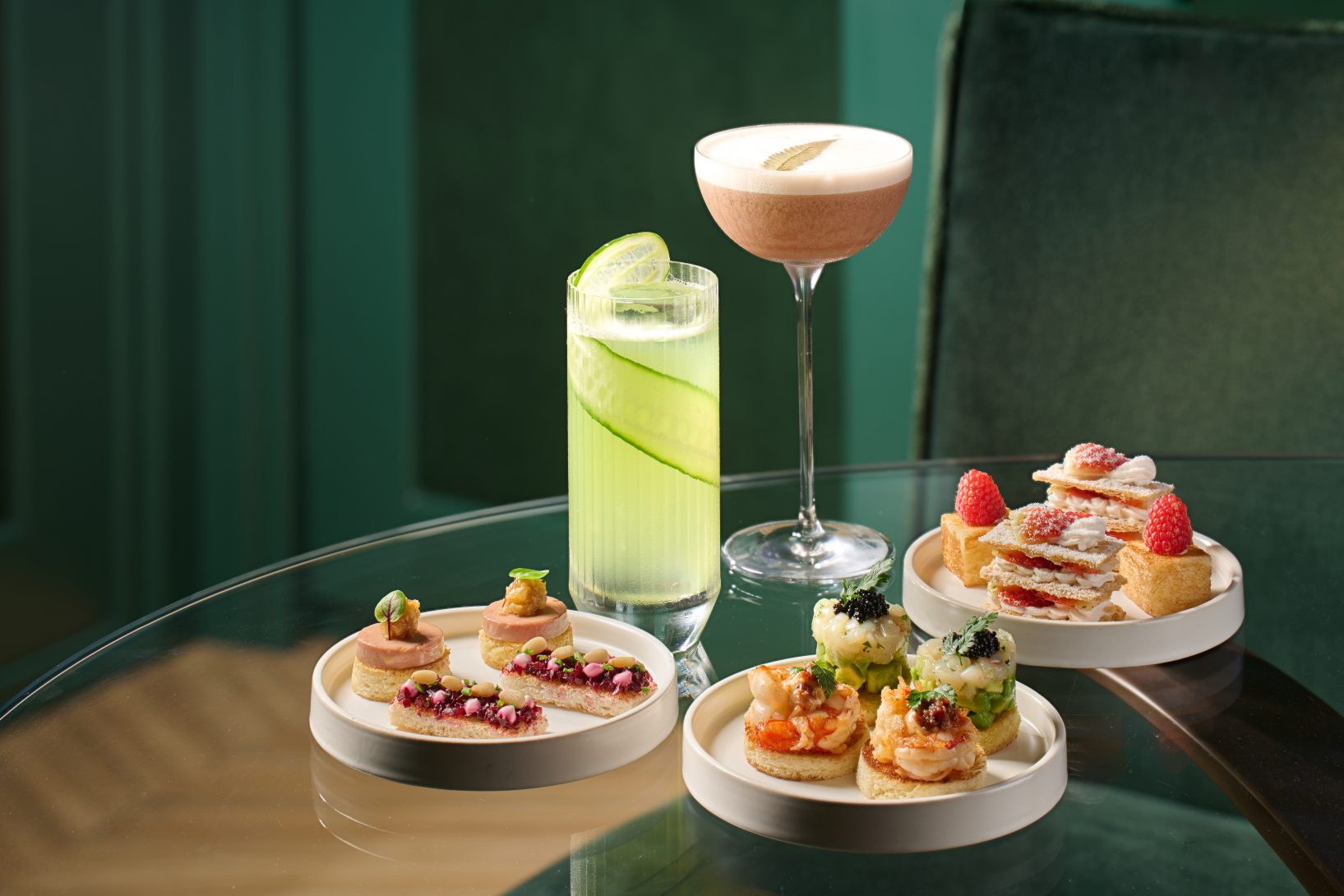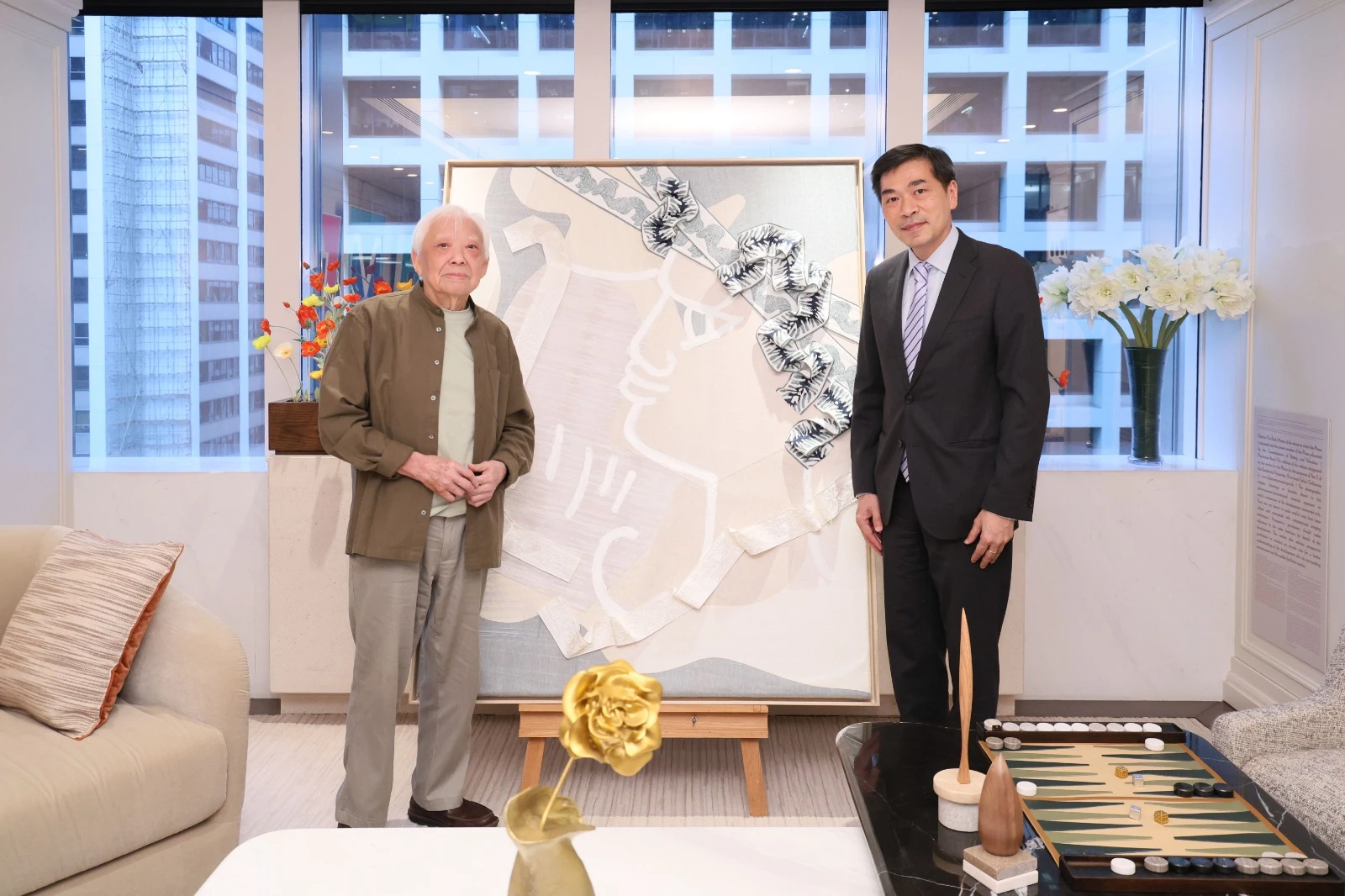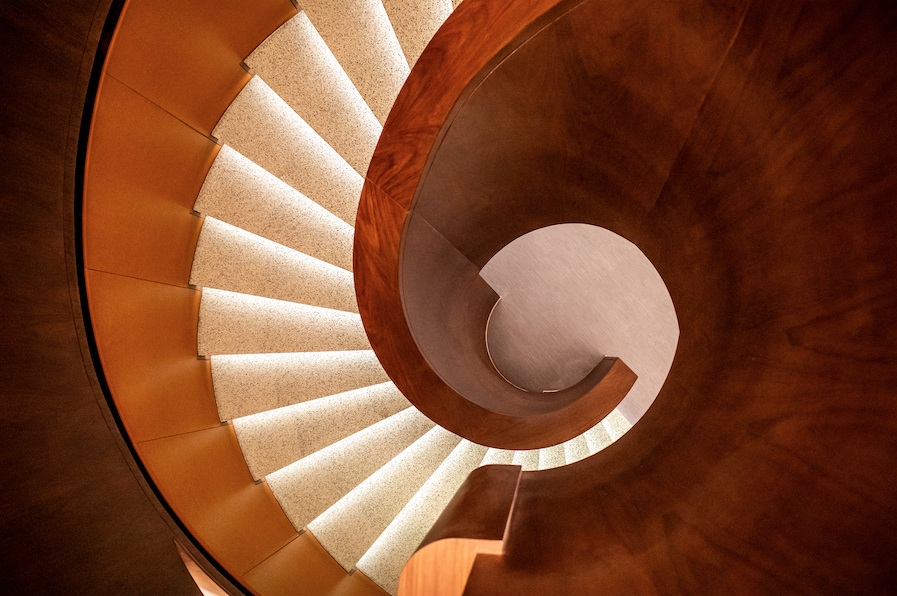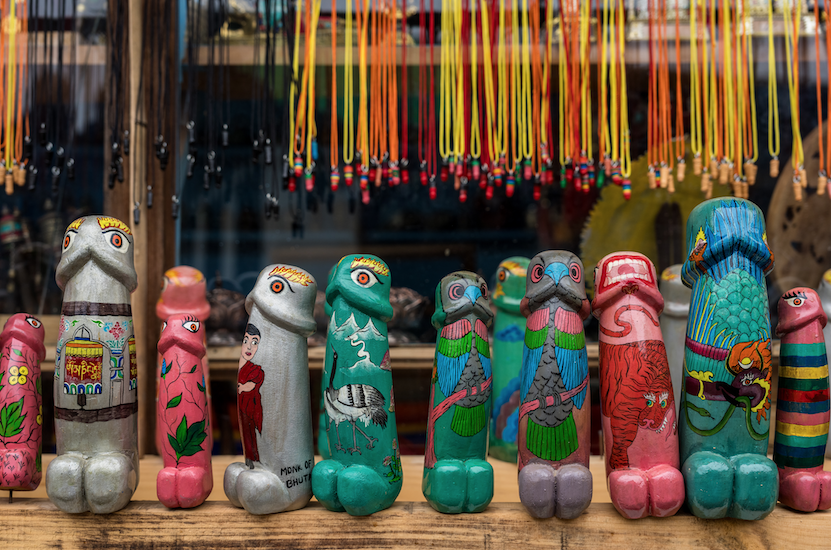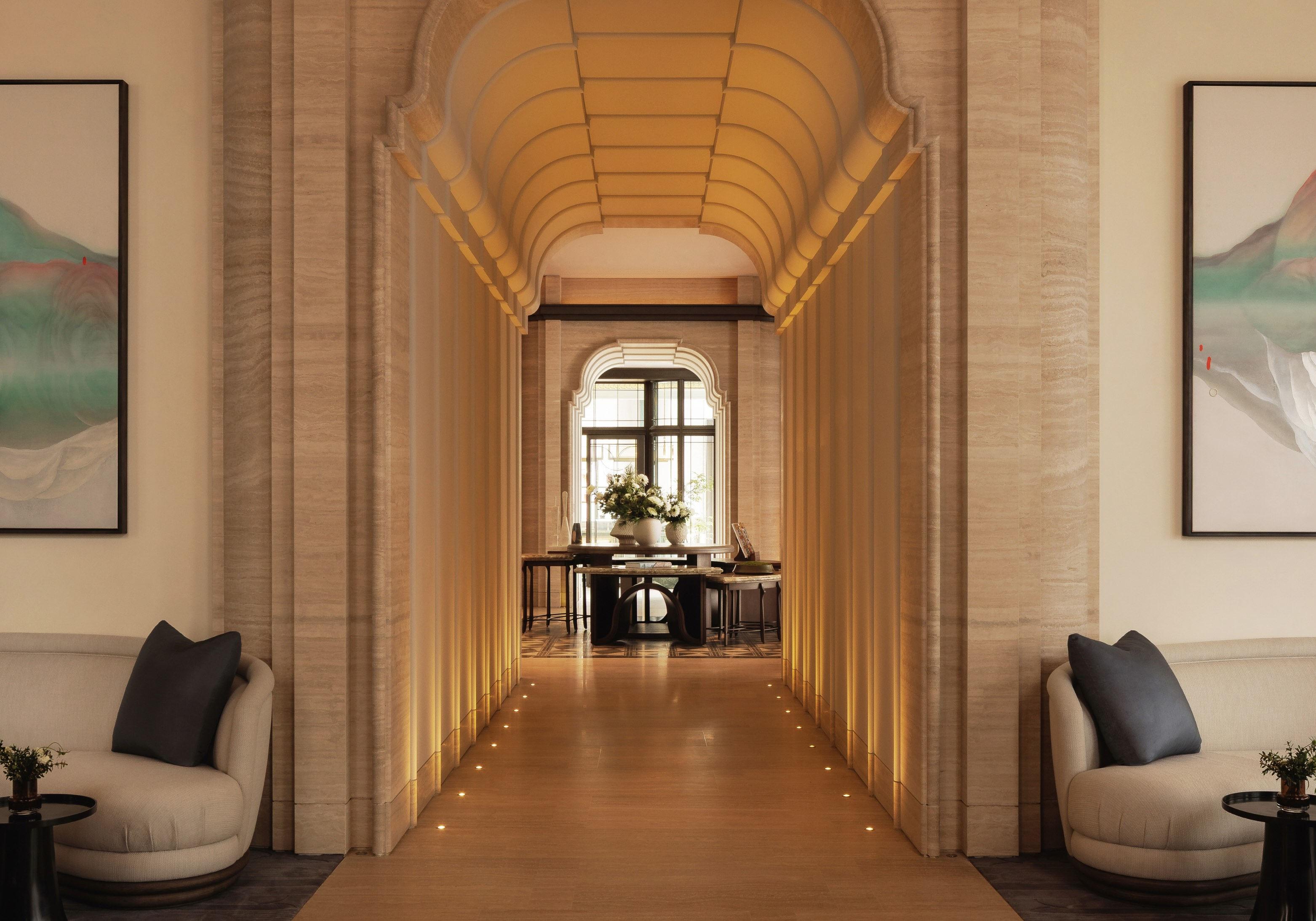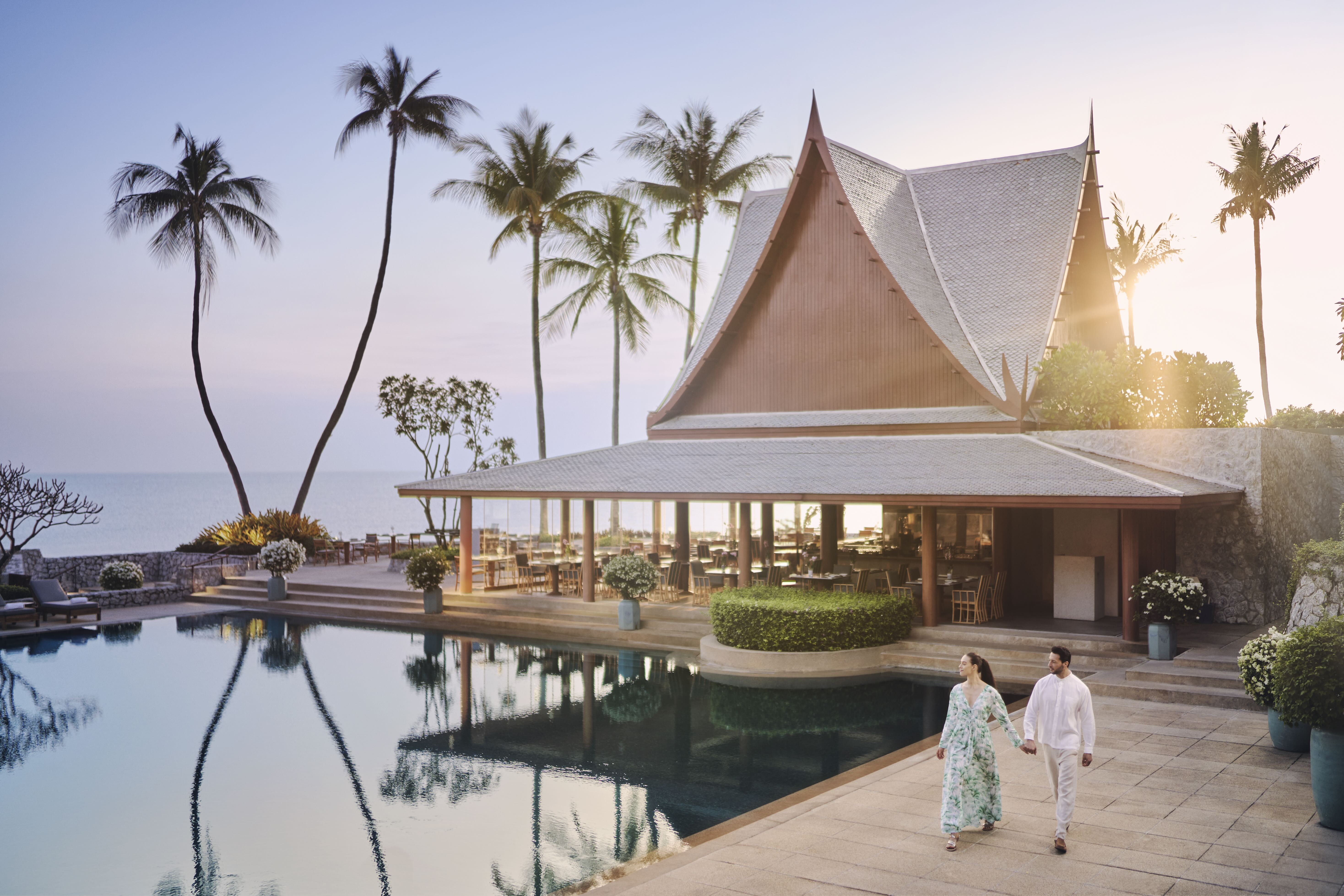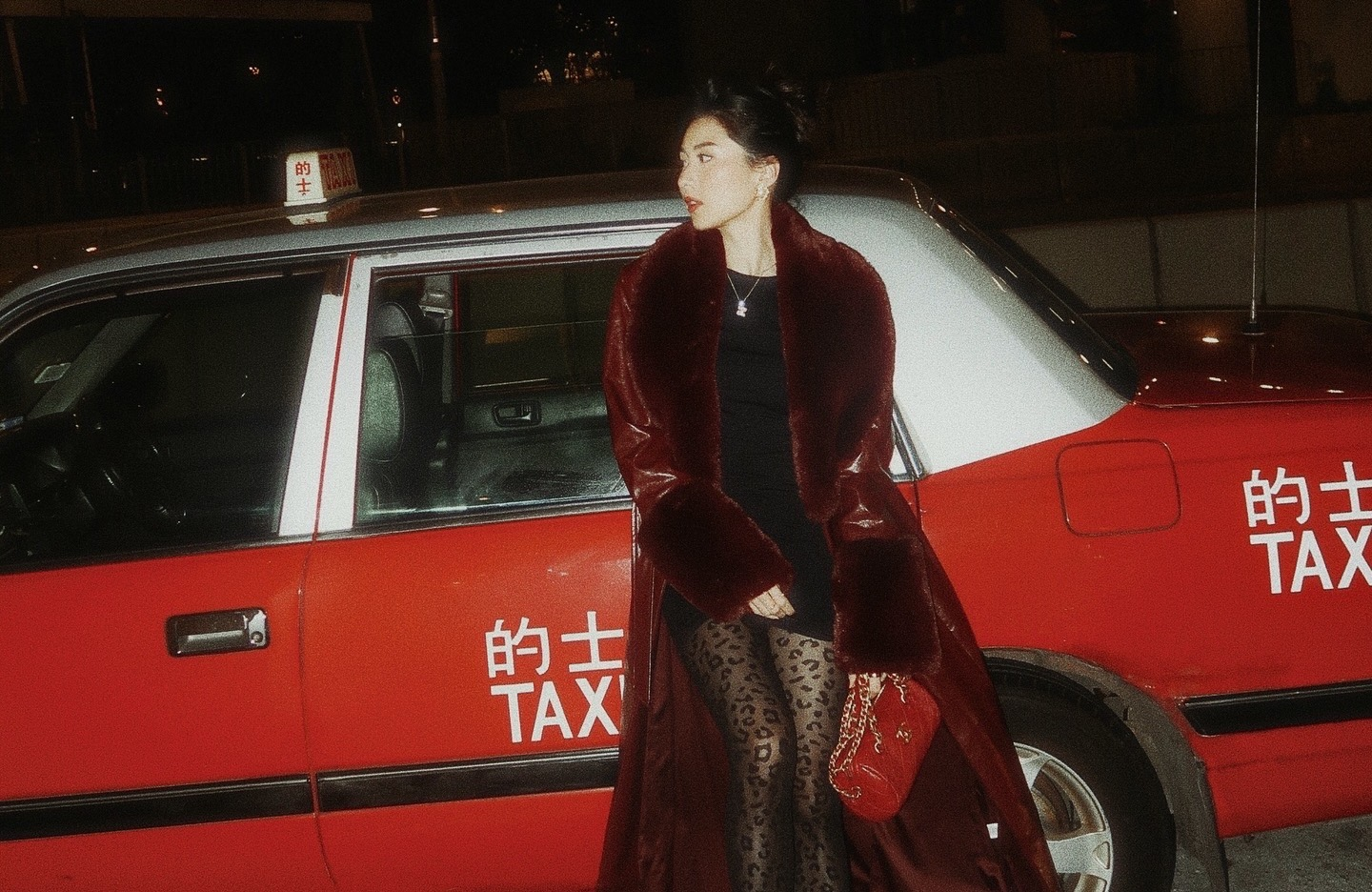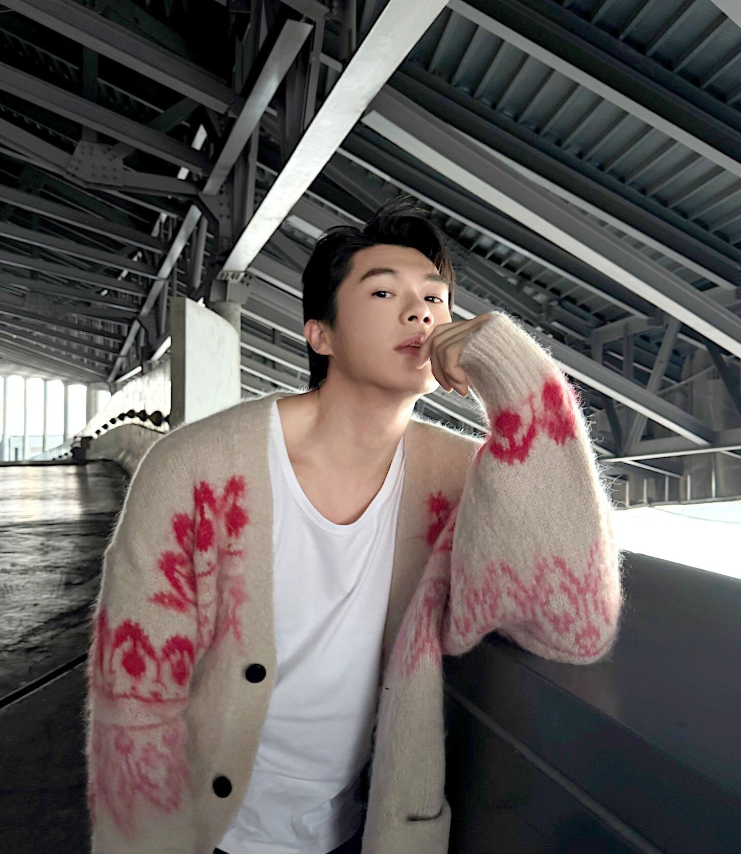Chef chats: Devon Hou and Ray Choi of Cobo House at K11 Musea
Oct 29, 2020
A feast for the senses, Cobo House has relocated to K11 Musea and reintroduced itself as a soothing, sumptuous retreat for epicureans and culture vultures alike. Natasha Gillespie-Wong speaks to executive chefs Devon Hou and Ray Choi to see how their unique culinary takes have combined to create the restaurant’s unique “unspoken menu”
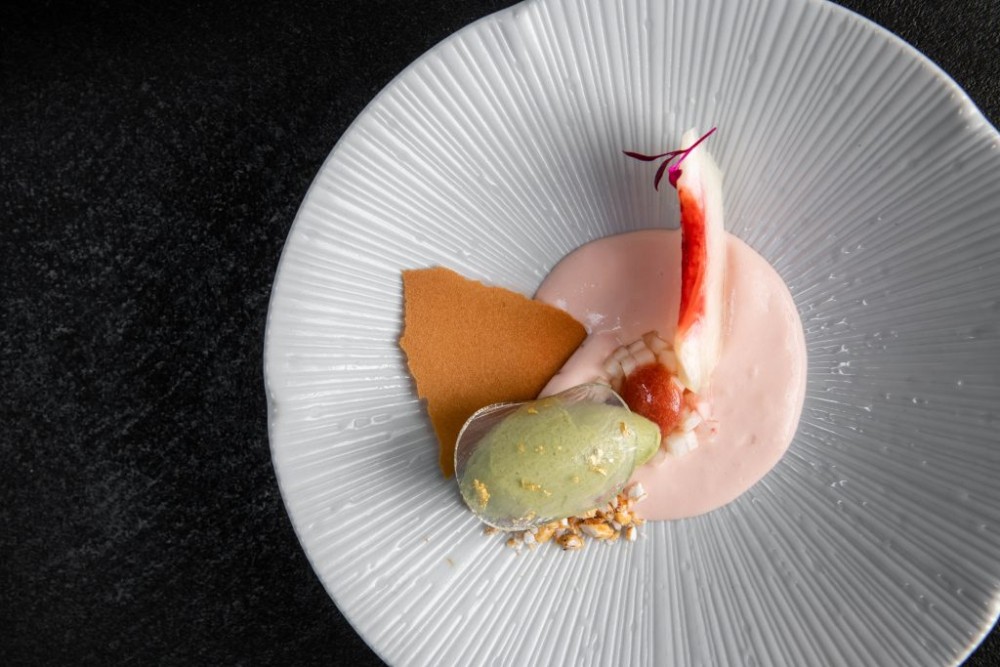
One of the unique attributes of modern life is the unending human quest to “have it all” – to be able to juggle work, play, rest, family and every other endeavour without breaking a sweat. Suffice it to say that it’s not easy and more often than not, this overachieving balancing act can often mean that innocent questions like “What are you doing this evening?” and “What are you up to this weekend?” seem like anxiety-triggering exam questions.
However, if you had Cobo House on your weekend list, you’d have a lot to talk about, with a delectable meal and enough cultural fodder for idle chat without having to organise an outing to a gallery and a million other places. The newly reimagined (and relocated) restaurant now operates as a relaxed cultural-art lifestyle emporium that’s part gallery, part fine-dining establishment, located on the sixth floor of K11 Musea in Tsim Sha Tsui.
Cobo House was uprooted from its original Shek Tong Tsui location, where the restaurant opened its doors in 2017 and offered mid-range fare, accompanied by art and novelty exhibitions on the floor above. The new concept follows a similar playbook, but is elevated – quite literally. The restaurant now overlooks an expansive harbour view and plates “edible art” rather than the more ordinary dishes of yore.
Artwork from around the world is displayed, creating a fully immersive dining experience. Once you take your eye off the Star Ferry gliding across to Central, everywhere you look around you are art pieces reflecting different cultures and created using a variety of mediums to mirror the ever-changing nature of society. This ethos also translates to the menu.
Named “The Knife and Spoon”, the menu is a journey that Cobo House executive chefs Devon Hou and Ray Choi seek to share. Every six weeks, the duo work with their team to create a new “unspoken menu”. Each menu has been coined a “chapter” and consists of bespoke six- or eight-course tasting menus, focusing on one ingredient as the star of the show. Exploring the versatility of a singular ingredient, the team aims to awaken the senses. The air of mystery and excitement surrounding what the featured ingredient may be only adds to Cobo House’s allure.
Both local Hongkongers, Hou and Choi have formed an unshakeable partnership. Working their way up the culinary ladder and learning from chefs with an array of Michelin stars, they boast experience at establishments such as The Mandarin Grill and L’Atelier de Joël Robuchon. Now embarking on their own journey, they give us an exclusive insight into their new venture.
You’ve described yourselves as yin and yang; what is it that you individually bring to the table? How has your cumulative experience helped you on the path towards this new venture?
Devon Hou (DH): Our menu’s name, “Knife and Spoon”, resembles the yin and yang of us. I’m more extroverted and Ray is more introverted. I always have naughty, crazy ideas and want to experiment. Ray is the rational one who helps to analyse and execute.
Ray Choi (RC): As Devon said, the “Knife and Spoon” represents us. They are opposites and provide different functionalities during a meal. However, their aims are aligned. This is the same for us – our creativity and direction are different, but on the same wavelength.
The concept of an ever-changing menu with “chapters” featuring one focal ingredient is an innovative idea. How are the chapters determined? Are they based upon seasonal ingredients?
DH: The concept is discussed among our team. We select a topic that everybody feels passionate about and confident presenting, with the end goal of delivering the full experience. It takes everyone from the floor to kitchen to do so.
How important is it to you that ingredients are not only fresh, but sustainably sourced?
RC: We just try our best to research sustainable ingredients through our suppliers. We source from multiple suppliers.
What are some challenges you have faced in the transition from a mid-range eatery to a fine-dining restaurant?
RC: We have both been working in fine dining for more than 10 years. The real challenge is how we work together to create novel and interesting dishes. We aim to make it an original experience for the guests.
I’ve always dreamed of walking into a restaurant and ordering “one of everything, please”. But if you could only serve me one dish, what would you choose?
DH: With our type of menu, you really can have one of everything, but if I were to choose just one thing for you, it would be a dessert. This is the area in which we collaborate the most, as it gives a very important end to every guest’s dining experience at Cobo House.
RC: My favourite dish in Chapter One that I think best describes Cobo is the marinated duck yolk with abalone juicy rice. The main ingredient is the marinated duck yolk; we marinate it in soy sauce. The concept is Japanese and the umami of the abalone brings this dish to another level, so I’d be happy to serve this to you in Chapter One.
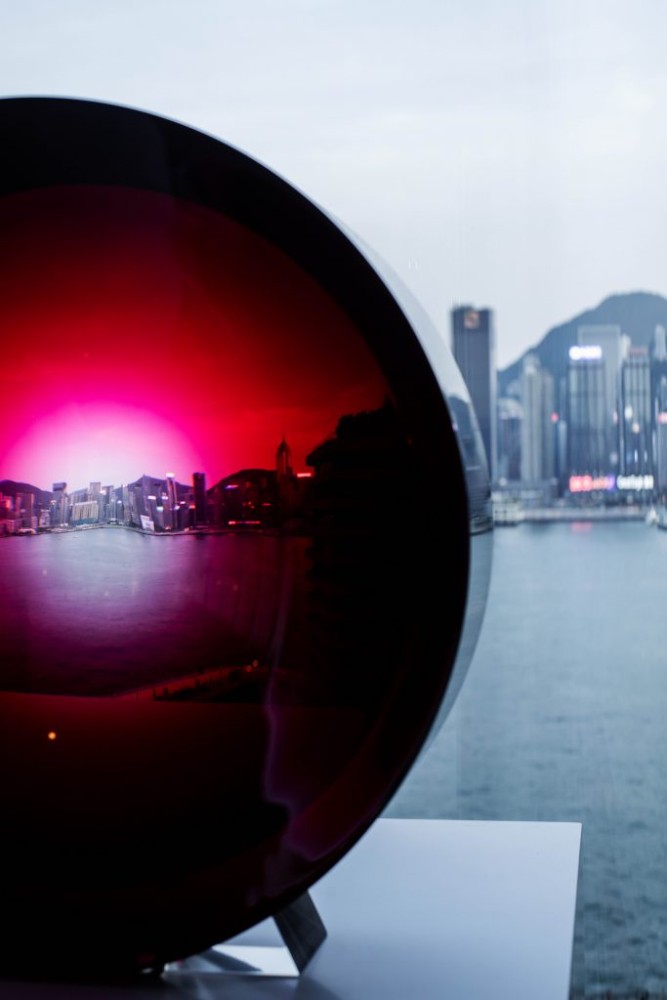
You’ve both mentioned that working in a kitchen under decorated chefs can be tough. How do you aim to nurture your own staff within Cobo’s kitchen environment?
DH: Our goal at Cobo is to have a passionate and creative team. We look for staff who are willing to explore and open to speaking aloud. Our aim is to create a happy and productive work environment for our team to flow together.
Cobo stands for “Community of Bohemians”. What does that mean to you personally?
DH: For me, bohemian means being unconventional and willing to explore.
RC: Follow your own path and enjoy the simple things.
K11 has described itself as Hong Kong’s “Silicon Valley of Culture”. How has being located within an art mall influenced the new Cobo House?
DH: The art and the gastronomy combined in K11 Musea is inspiring. We’re in a gallery space on the sixth floor, accompanied by a spectacular view of Victoria Harbour. Cobo House offers world-class art pieces to allow guests to enjoy a visual experience while also tasting our innovative cuisine.
What advice would you give to aspiring culinary entrepreneurs?
DH: Be inspired by all industries, and continue to learn and explore. Look beyond and break limits. Lastly, be passionate about what you do and enjoy the process.
RC: I would say be prepared and be humble. Always continue to study – not only cookbooks, but also be attentive to culinary trends.
See also: Lockdown diaries: Hong Kong chefs’ favourite kitchen tools and dinner recipes


